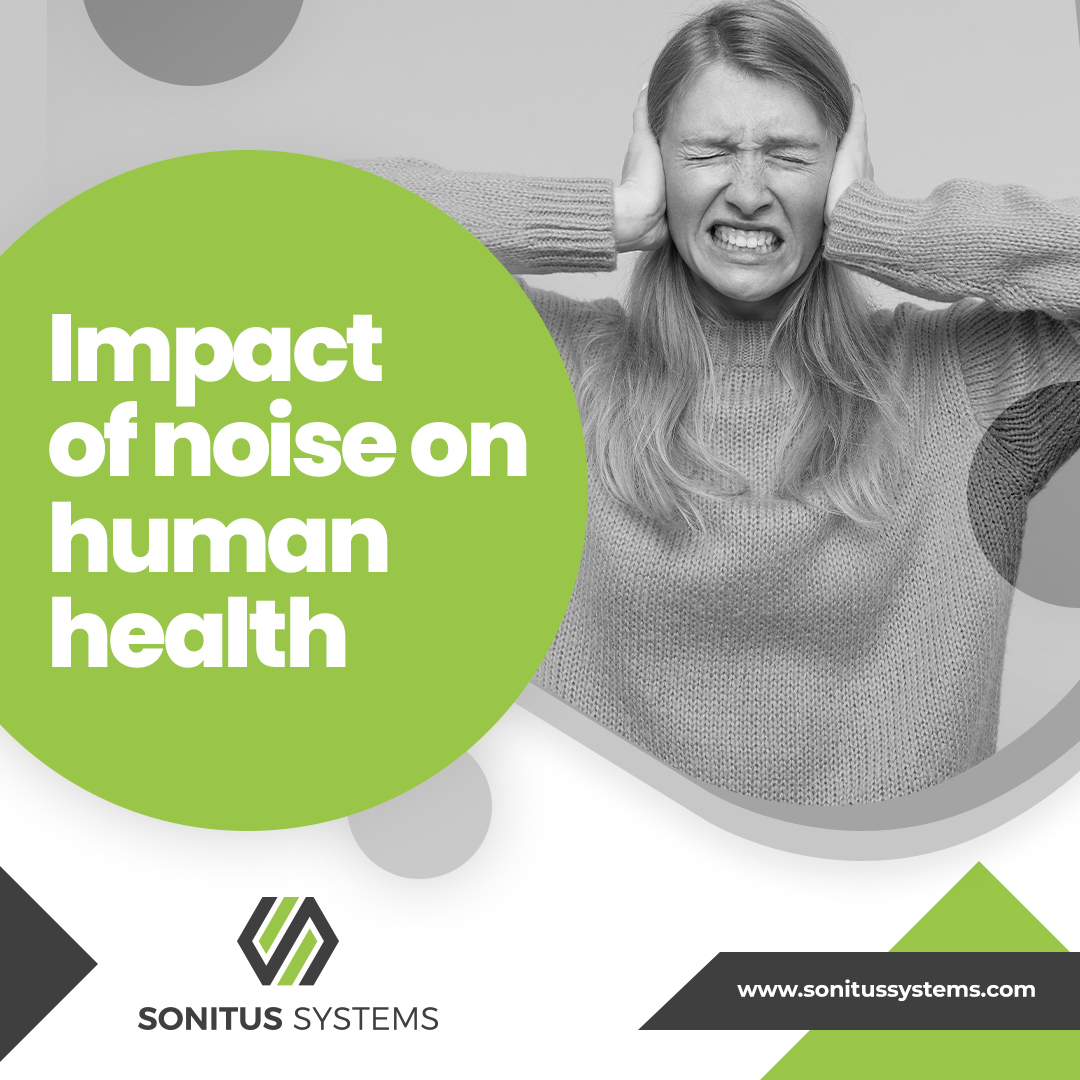In a recent article on Mental Health Today, Bryony Porteous-Sebouhian posed the question: Can noise pollution affect our mental health? In the past, noise pollution both inside and outside the home has been considered a ‘nuisance’ or a mere annoyance, rather than a serious issue that can be harmful to human health. Over the past two decades, there has been a growing awareness of the dangers of regular, excessive noise in the workplace, however, that has been slow to filter into non-occupational settings. Yet, recent studies are demonstrating that even neighbour noises that might previously have been considered acceptable – like the noise from local residential activity or home appliances – may increase anxiety and stress levels. You can read the article in full here: Can noise pollution affect our mental health?
The thrust of the article, which is based on a number of recent, international studies, looks at the negative effects of noise on the body and mind. For example, noise pollution may trigger the body’s stress response resulting in circulatory issues, increased pulse rate, changes in breathing, and the release of adrenaline and cortisol (fight or flight response). One Danish study cited found that residents living in multi-storey housing who indicated annoyance about neighborhood noise had experienced an “adverse impact on a broad range of physical and mental health symptoms”. Another quoted example explored how even in sleep, those exposed to passing aircraft noise show signs of their stress response activating, which disrupts regular sleep patterns.
The above are physical responses. Some of the more common effects on mental health include poor sleep patterns, increased levels of stress and anxiety, impaired concentration, feelings of helplessness about the situation, depression, and exhaustion. These are not insignificant impacts.
Unfortunately, exposure to noise pollution has become synonymous with urban living, as previously documented in this website. While there are many innovative smart city projects underway all around the world addressing this, it remains a challenge and the research is clear, more deprived neighborhoods are more negatively impacted and less likely to have any control over this. Critically, a conference paper from 2017 (also cited in the above article) notes that a lack of perceived control over the noise actually “intensifies” the negative impact of that noise on mental health. This is something that has emerged strongly through community and stakeholder engagement projects in Ireland too. Those affected need to be empowered and enabled to take action, which involves being resourced through the range of new technologies designed to measure and monitor noise.
Sonitus Systems offers both the hardware and software for a range of environmental parameters on a continual basis, with real-time information available through our Sonitus Cloud dashboard. For more details on our indoor and outdoor noise and air quality monitoring products and services, please contact the team at Sonitus Systems.
